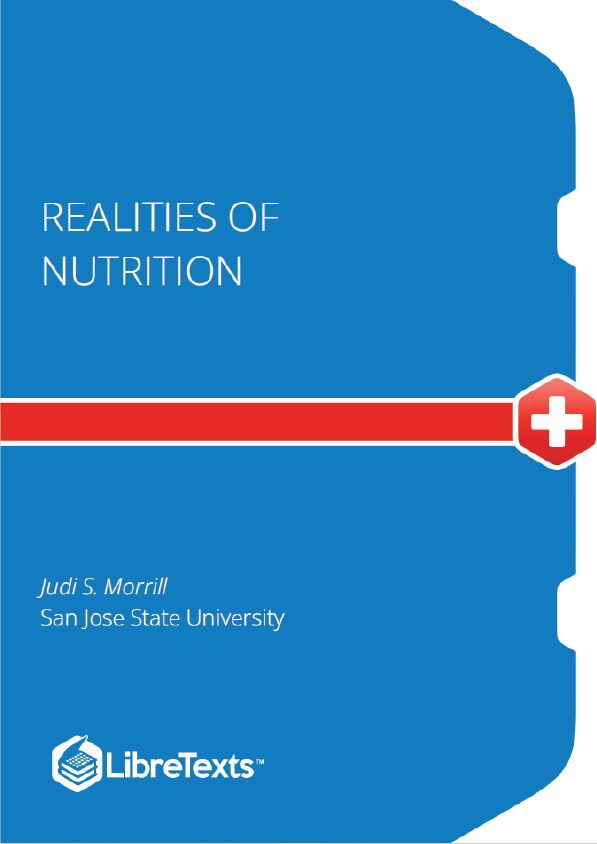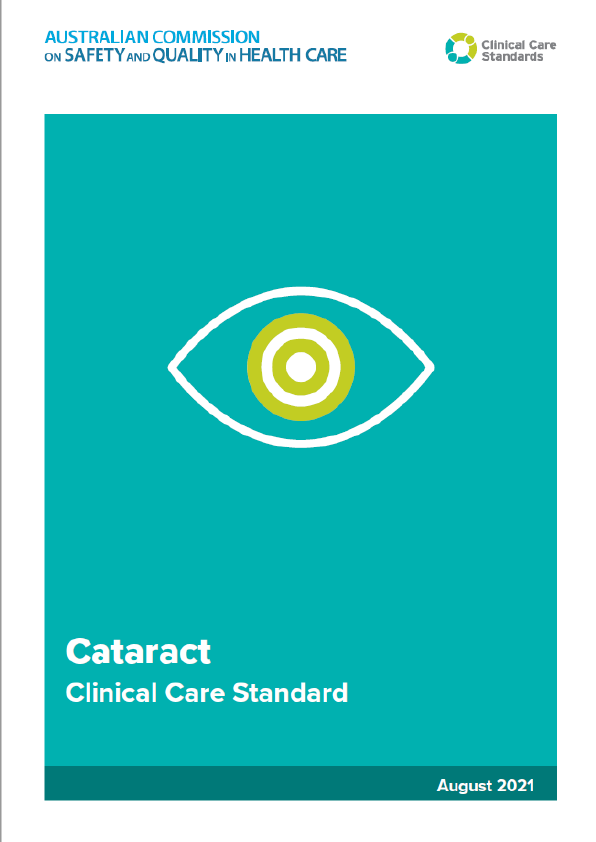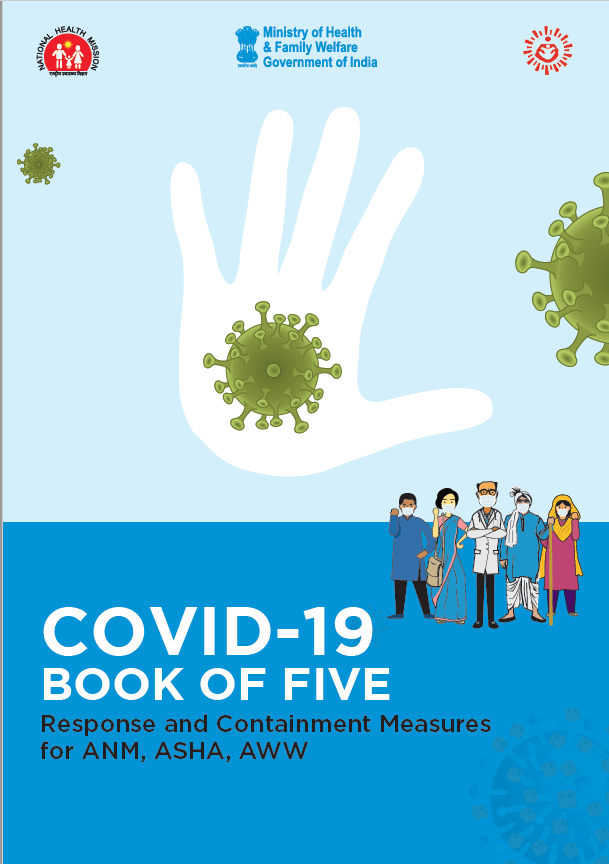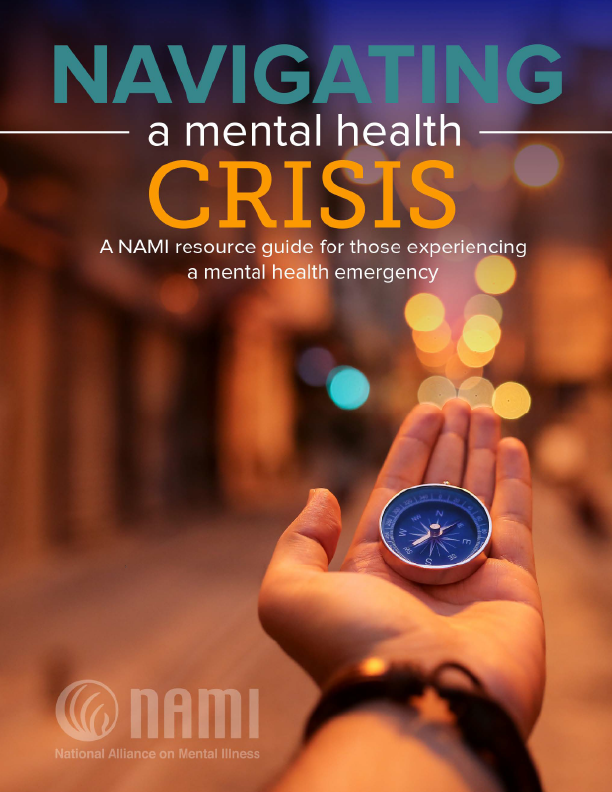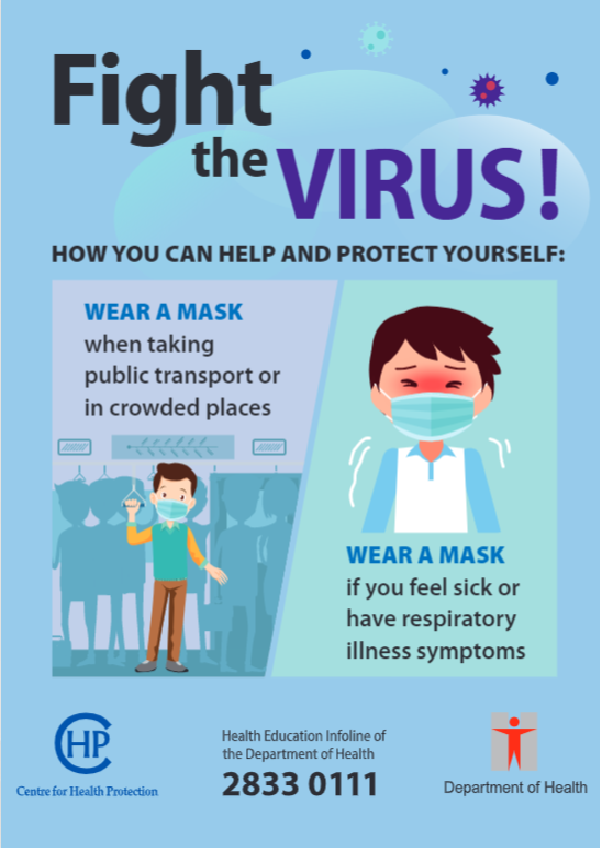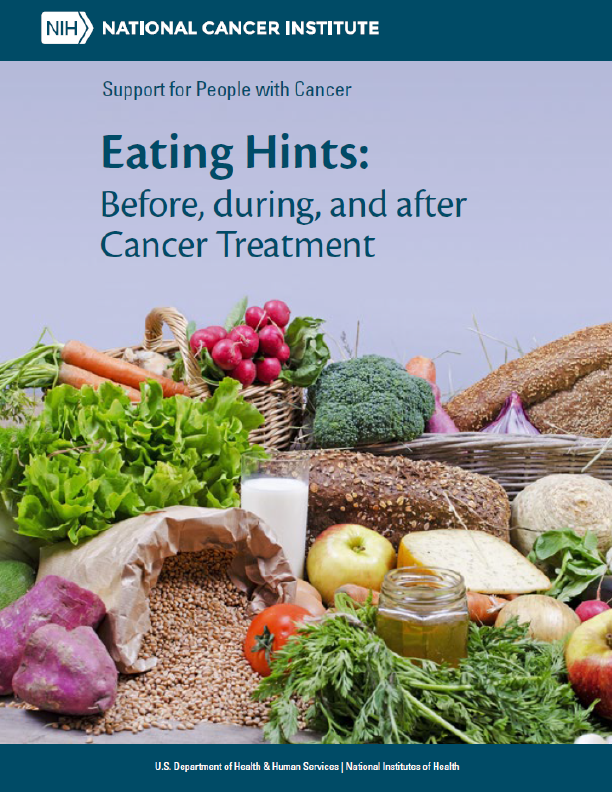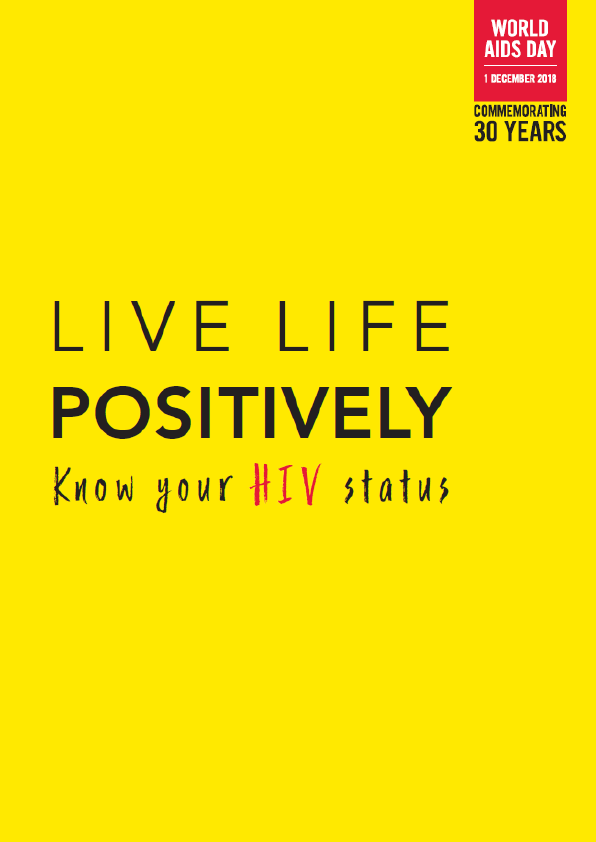What Is Nutrition Reality? Is it in the advertising claims that a food is natural or supplies instant energy? Is it in the myriad of dietary supplements? Is it in the diet plans for instant weight loss and glowing health? The only way to find out is to learn the basic principles of nutrition science, so you can be your own nutrition expert. Here is the true introduction to nutrition that you will read with pleasure and real understanding. It will free you from dependence on popular sources of information – often misinformation – so you can distinguish illusion from the realities of nutrition.
Food Power – Use and Storage
When we think of food and our reasons for eating, pleasure is often the first to come to mind. Many of us simply love to eat. Any reason will do. As former Dodgers’ manager Tommy Lasorda put it, “When we lose, I eat. When we win, I eat. I also eat when we’re rained out.” But the body chemistry sees food differently. The first reason for eating is to provide the fuel to meet our constant need for energy. In this chapter, we look at various aspects of energy and energy balance: on one side, the energy demands of our body; on the other side, meeting those demands. We examine how energy is defined in scientific terms, and how our energy expenditure and the calories in food are measured. Finally, we see how we efficiently store excess energy as body fat, and how heredity can affect how much we store.
When we want to drive somewhere, we put fuel into a car and go. When we want to vacuum the rug, we take out the vacuum cleaner, plug it in, and turn it on. When we are finished with these machines, we simply turn them off, knowing that we can start them up again whenever we need them.
But once the human machine has been turned off for more than a few minutes, it doesn’t turn on again. To stop it is to destroy it. It’s turned on at the moment of conception, and from that moment it must run continuously until the moment of death. This means that we require an uninterrupted supply of fuel. If we run out of fuel, we die.
The demand for fuel fluctuates, but it never falls below a fundamental “idling” rate (basal metabolic rate) that keeps our body functioning at its most basic level. Energy is needed continuously for such basic functions as pumping blood throughout our body and breathing.
Less obviously, a lot of fuel is needed to maintain the brain. Contrary to popular belief, the brain functions at much the same level whether we’re studying intensely or sleeping. When we’re resting, the brain uses more than 20% of the body’s total energy use. Even during sleep, the brain is busy—messages are going continually from the brain to every limb and organ, and other messages return. If this weren’t happening, we wouldn’t turn over when our arm cramps; we wouldn’t wake upon hearing a baby’s cry or smelling smoke; and we wouldn’t pull up the covers when a cold gust of wind blows in through the window.
Still more subtly, our body is a cooperative colony of trillions of cells, each of which needs energy to perform specialized functions. The cells need fuel to produce the more than 100,000 biochemicals, as well as to generate the heat we need to stay warm.
These are our basal, involuntary, and unstoppable energy demands. We also require energy for our voluntary activities, which are just as necessary for our survival. We couldn’t even begin to find food or care for ourselves without them. We also expend energy in digesting and assimilating food—this energy need is about 10% of caloric intake.
